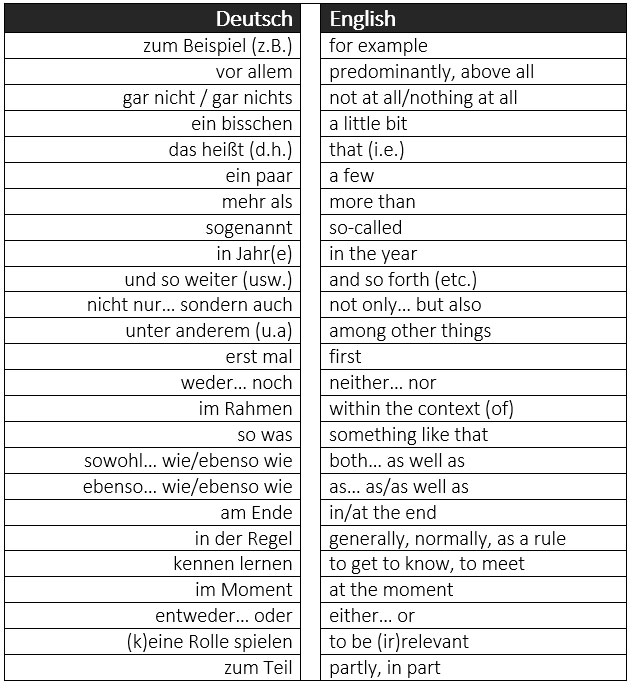

For example, German articles (meaning “a” and “the”) change based on where they appear in a sentence and on what prepositions are used with them. Sometimes German grammar can be confusing for English-speaking learners. There are many, many examples of this not only in German vocabulary but also in the way the two languages are structured. For instance, “I have” in German is Ich habe which seems remarkably close to English. Many of the German phrases sound quite similar to English. While pronouncing German words may be difficult at first, you’ll notice something interesting as you begin to speak German. Over 78 million people in Europe speak German as native language. High German dialects are spoken in places like Bavaria and Austria while Low German are spoken in the eastern Netherlands and in northern Germany.

German dialects are divided into two groups- High German and Low German. Today’s German language is referred to as Hochdeutsch, translated as “High German”, and it’s the second most spoken Germanic language and the most widely used language among native speakers in Europe. To the north, Germanic languages dominate while in the south, the Romance languages are more prominent.

To this day, you can see the geographic and historical differences reflected in the languages spoken across Europe. When the Romans first journeyed into northern Europe, they called the area Germania. German is one of several Germanic languages still spoken in Europe alongside English, Dutch, Swedish, Danish, and Norwegian. That’s because German is part of a family of languages called Germanic languages. While German may have some exceptionally long words (Rechtsschutzversicherungsgesellschaften comes to mind), and some tricky pronunciations (Eichhörnchen is a good example), it’s still relatively straightforward to learn to speak in German. Using Rosetta Stone’s award-winning mobile app and software, you can engage with a bite-sized, practical method that gets you speaking German from the very first lesson.įirst, let’s tackle one of the most common misconceptions beginning language learners have about speaking German.
#Low german grammar how to#
You’ll learn the foundations of the German language, taught in a specific order that builds toward a better understanding of how to speak German. But you can still get benefits from lessons that get you speaking German phrases in just a few minutes each day, coupled with immersive experiences that build a solid foundation in the language.Īs a trusted language learning software, Rosetta Stone has spent 25+ years designing a program that really works. Those that have studied how to speak German for beginners agree that lots of practise reading, writing, and pronouncing German is certainly helpful. Learning to speak German doesn’t have to be a huge time commitment, either. But you’ll discover that the best way to learn to speak German is to take cues from the parts of the language that are intuitive, where the grammar and phrases closely resemble English. Figuring out how to pronounce German words is a little tricky and some gendered vocabulary can be difficult to remember. If you’ve avoided learning how to speak in German because you thought it was too difficult, you’re probably suffering from some misconceptions about the language.


 0 kommentar(er)
0 kommentar(er)
